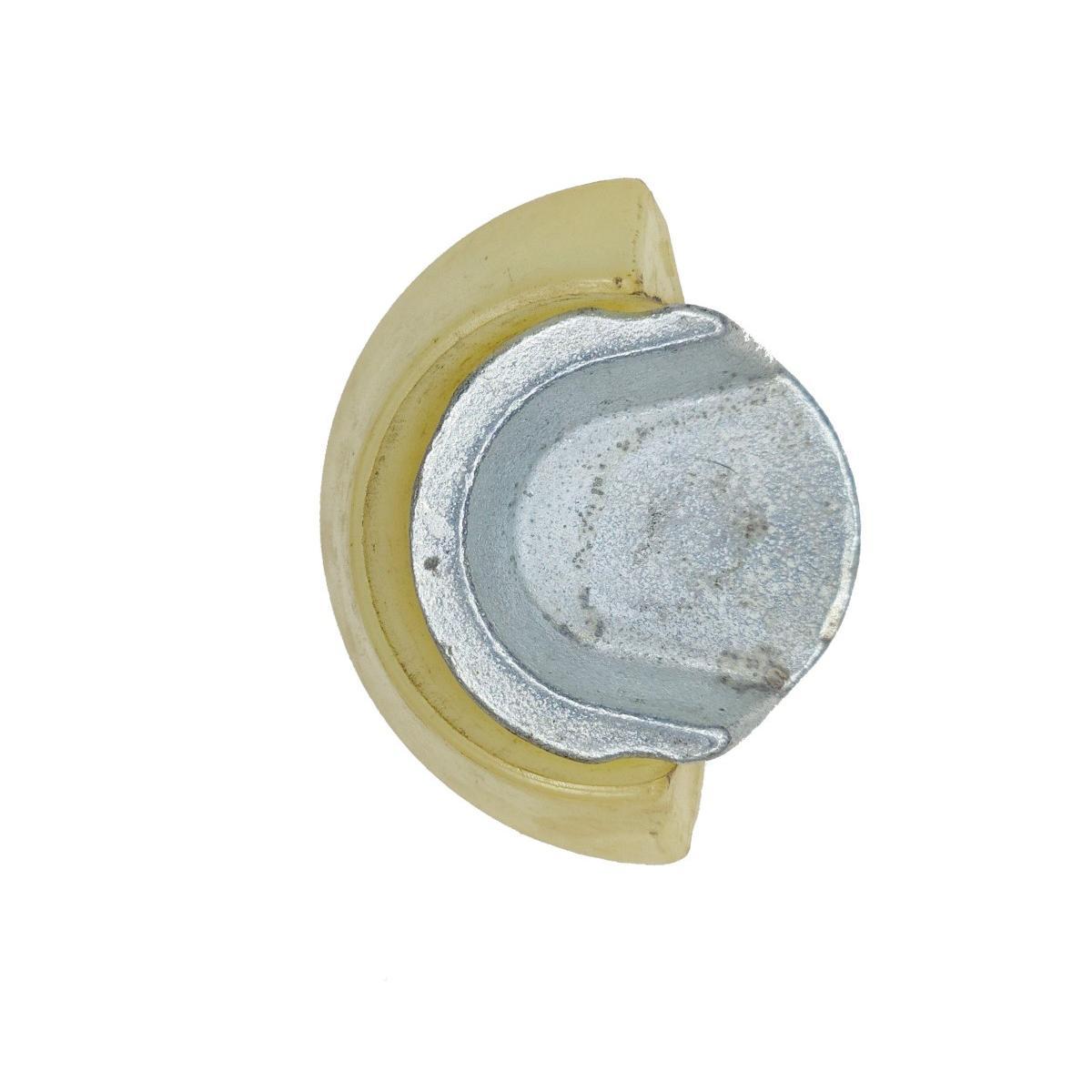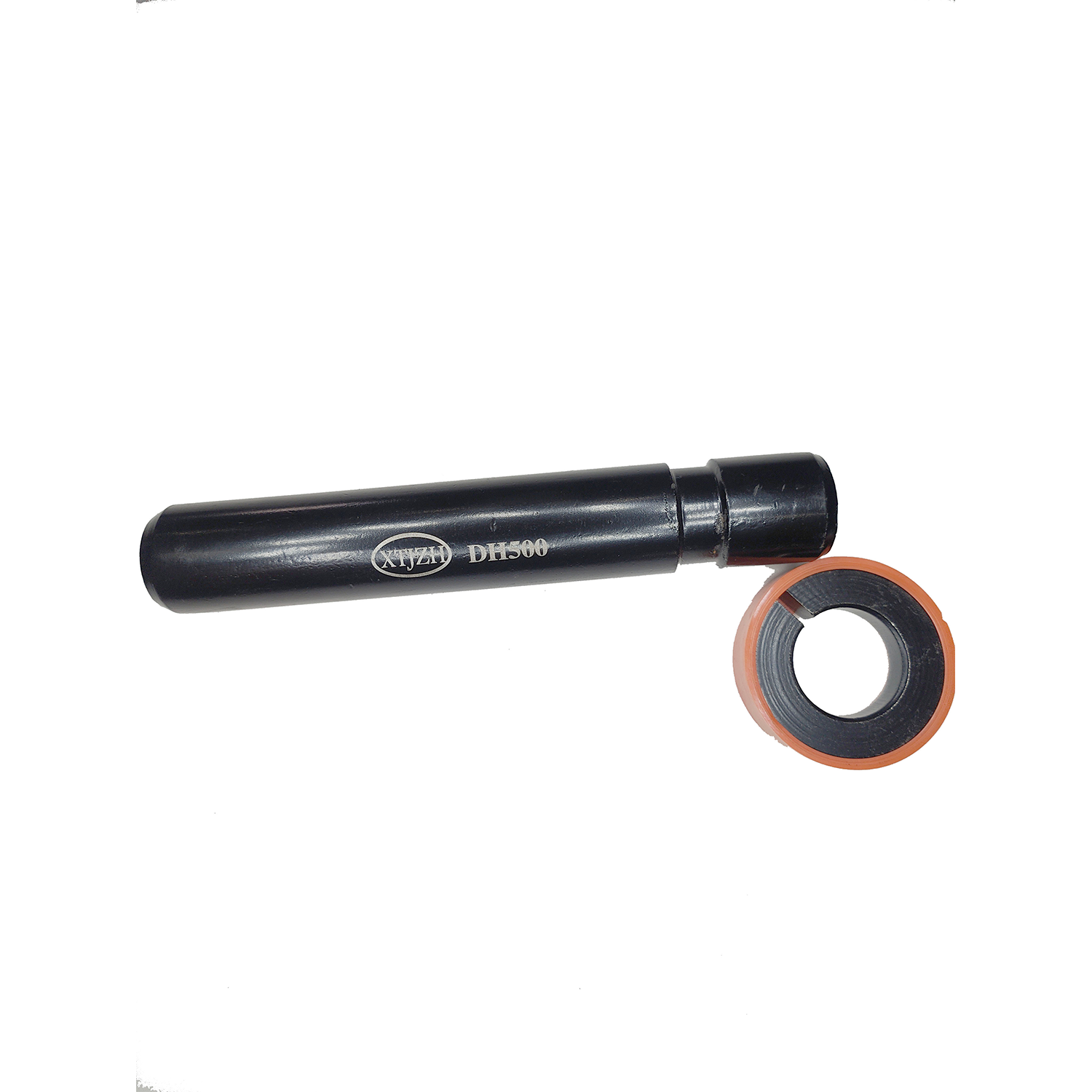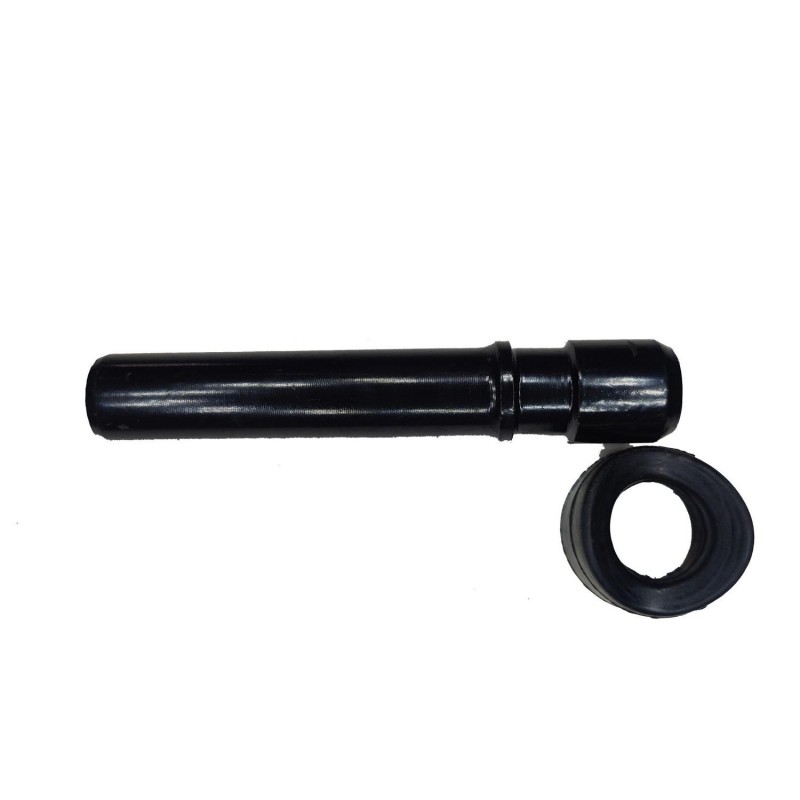Excavator bucket pins play a crucial role in the operation of an excavator, and understanding what they are made of is essential for their performance and durability. The E336 Excavator Tooth Pin is a specific example that we can look at to understand the materials used.
One of the common materials used for excavator bucket pins is steel. Steel is favored due to its strength and durability. It can withstand the heavy loads and stresses that the pins experience during the operation of the excavator. For the E336 Excavator Tooth Pin, a high-quality steel alloy is often used. This alloy is carefully formulated to provide the right combination of hardness and toughness. The hardness of the steel allows the pin to resist wear and abrasion, as it constantly rubs against other components of the bucket and the attachment points. The toughness ensures that the pin can withstand the forces of digging, lifting, and twisting without breaking or deforming.

Another important property of the steel used for these pins is its resistance to corrosion. Since excavators often operate in various environments, including wet and muddy conditions, the pins need to be able to resist rust and corrosion. This is achieved through different methods, such as using special coatings or alloying elements in the steel that enhance its corrosion resistance. For example, some steels may have a layer of protective coating that prevents moisture and other corrosive agents from coming into contact with the metal surface. In the case of the E336 Excavator Tooth Pin, proper corrosion protection is essential to maintain its functionality and longevity, reducing the need for frequent replacements and minimizing downtime.
In addition to steel, some manufacturers may also use other materials or treatments to further improve the performance of the pins. For instance, certain types of heat treatment processes can be applied to the steel to optimize its mechanical properties. This can involve heating and cooling the steel in a controlled manner to increase its hardness, strength, and ductility. By subjecting the E336 Excavator Tooth Pin to appropriate heat treatment, its performance can be enhanced, making it more reliable and durable in the harsh operating conditions of an excavator.
The choice of materials for excavator bucket pins also takes into account the cost and availability. While high-quality materials are necessary for good performance, manufacturers also need to ensure that the pins are cost-effective to produce. This requires a balance between using premium materials and finding efficient manufacturing processes. Additionally, the availability of the raw materials is important to ensure a steady supply of pins for the market.
Excavator bucket pins, like the E336 Excavator Tooth Pin, are typically made of steel or steel alloys with specific properties to meet the demands of the excavator operation. The materials used need to be strong, durable, resistant to wear, corrosion, and have the right mechanical properties. Understanding the composition of these pins helps in choosing the right ones for your excavator and ensuring efficient and reliable operation. Whether you're in the construction, mining, or other industries that rely on excavators, knowing about the materials of the bucket pins is crucial for maintaining the equipment and maximizing its productivity. So, the next time you think about the operation of an excavator, remember the important role that the materials of the bucket pins, like those in the E336 Excavator Tooth Pin, play in its overall performance.





 No. 550, Xiacuo, Sihuang Village, Xiamei Town, Nan'an City, Quanzhou City, Fujian Province, China
No. 550, Xiacuo, Sihuang Village, Xiamei Town, Nan'an City, Quanzhou City, Fujian Province, China

 Contact
Contact 